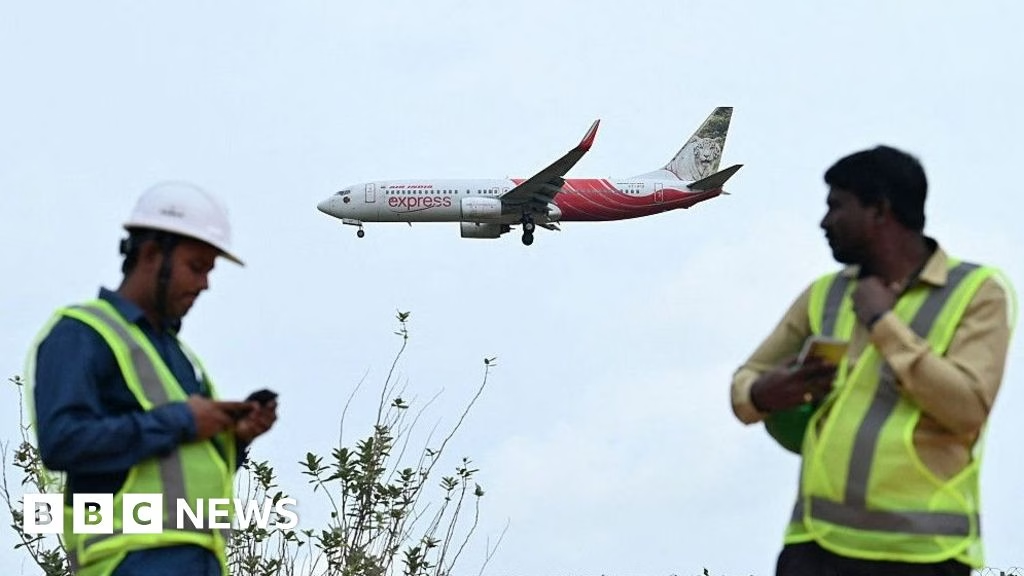India’s skies have consistently been considered safe, according to Faiz Ahmed Kidwai, chief of the Directorate General of Civil Aviation (DGCA), citing global safety metrics from the International Civil Aviation Organization (ICAO) that show India performing better than the world average regarding accidents per million flights. Despite only two instances in the period between 2010 and 2024 where the accident rate exceeded this global average, both linked to significant aviation disasters, the country has experienced a third major accident within 15 years with the recent Air India crash on June 12th which killed at least 270 people. This incident has rekindled concerns over aviation safety, which have grown in line with recent headlines of turbulence incidents and reports of maintenance lapses and insufficient pilot training.
SpiceJet, India’s fourth-largest low-cost airline, has been pulled into the limelight following a series of concerning findings which were not discovered through routine audits but triggered by a British aviation firm. These findings led to a recall of SpiceJet’s leadership by the aviation regulator due to premature propeller failures. Notwithstanding, the airline reportedly continued to apply more grease to the unit instead of addressing the root cause, a practice that was escalated directly to the regulator. The DGCA’s subsequent audit in April uncovered further deficiencies.
Furthermore, Reuters reported that Air India’s budget carrier faced a reprimand in March for delaying essential engine part replacements and for falsifying compliance records. The airline acknowledged the mistake to DGCA and purportedly took “remedial action and preventive measures.” Nevertheless, Mr. Kidwai regretted the lapses but noted that the information came from the airline itself, suggesting progress in self-reporting.
In May, an IndiGo flight from Delhi to Srinagar faced severe turbulence and hail, with reports indicating dislodged overhead bins and nose damage to the Airbus A321 involved. The pilots declared an emergency and landed safely at Srinagar, with no reported injuries. The incident led to an investigation by the regulator which grounded the flight’s pilots and resulted in refined guidelines for pilots navigating turbulent conditions.
Between 2020 and January 2025, Indian carriers reported 2,461 technical faults. Despite the increase in reported snags, Mr. Kidwai values the growing culture of transparency. Yet, as India continues to solidify its position as the third-largest passenger aviation market, the sector’s expansion has outpaced the budget allocations of the civil aviation ministry, hinting at an uncertain financial future.
Despite the Air India crash, Mr. Kidwai claims the data shows no significant impact on air traffic, only a brief and marginal dip in traffic volumes following the incident indicating that anxiety over such incidents tends to subside as the public gains clearer understanding of the situation.
Source: https://www.bbc.com/news/articles/cvgnr828z0go








